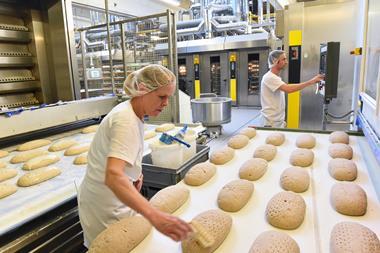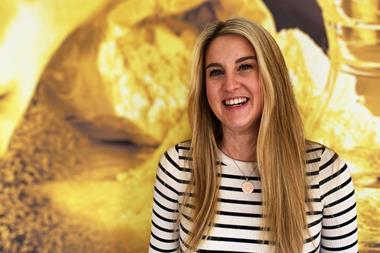Food Standards Scotland (FSS) has proposed a sugar tax as part of a plan to defuse a “health time bomb”.
The sugar tax proposal came alongside other FSS suggested measures, including tougher reformulation targets and regulation of promotions. But Scotland’s public sector food body also said that food and drink manufacturers and retailers should be given a year’s grace period to come up with an alternative to a sugar tax.
FSS chairman Ross Finnie said it was vital that the food industry had a say in coming up with ways to reduce sugar consumption and improve the nation’s diet. But he added: “There should be no doubt that we are committed to improving dietary outcomes in Scotland, so if industry proposals fall short, we believe we should actively pursue other avenues, including taxation.”
He went on to stress the importance of finding a solution to what he described as “a health time bomb”. He said that the food and drink industry should also find ways to re-weight food promotions in favour of healthier options: “There can be few in any doubt now as to the gravity of the health time bomb related to poor diet and obesity facing our nation. The board’s view is that a raft of alternative, more radical measures and interventions must be considered and introduced if we are to have the impact that is needed.”
"retrograde step"
David Thomson, chief executive of the Scottish Food and Drink Federation (SFDF), said in response to the proposals: “We all know that obesity is a challenge for this nation, and the food and drink industry wants to play its part in the solution… Punishing and legislating against an industry that employs 34,000 people in Scotland – 19% of all our manufacturing jobs – would be a retrograde step, in particular when there is no evidence of the long-term effectiveness of additional taxes on single nutrients, foods or drinks.”
He also said that the FSS and the Scottish government should work with industry in partnership to make “a real and effective difference for Scotland’s people”.
The recommendations will now be put to Scottish government ministers. They include a sugar tax, reformulation targets, portion size reduction and regulation around food and drink promotions.
Recent FSS-commissioned research showed that 54% of Scottish adults were happy with the idea of a tax on unhealthy foods to offset the price of healthy foods, and the same number said a tax on unhealthy foods would encourage them to buy and eat less of them. Scotland has missed its dietary goals for the past 15 years.



































No comments yet